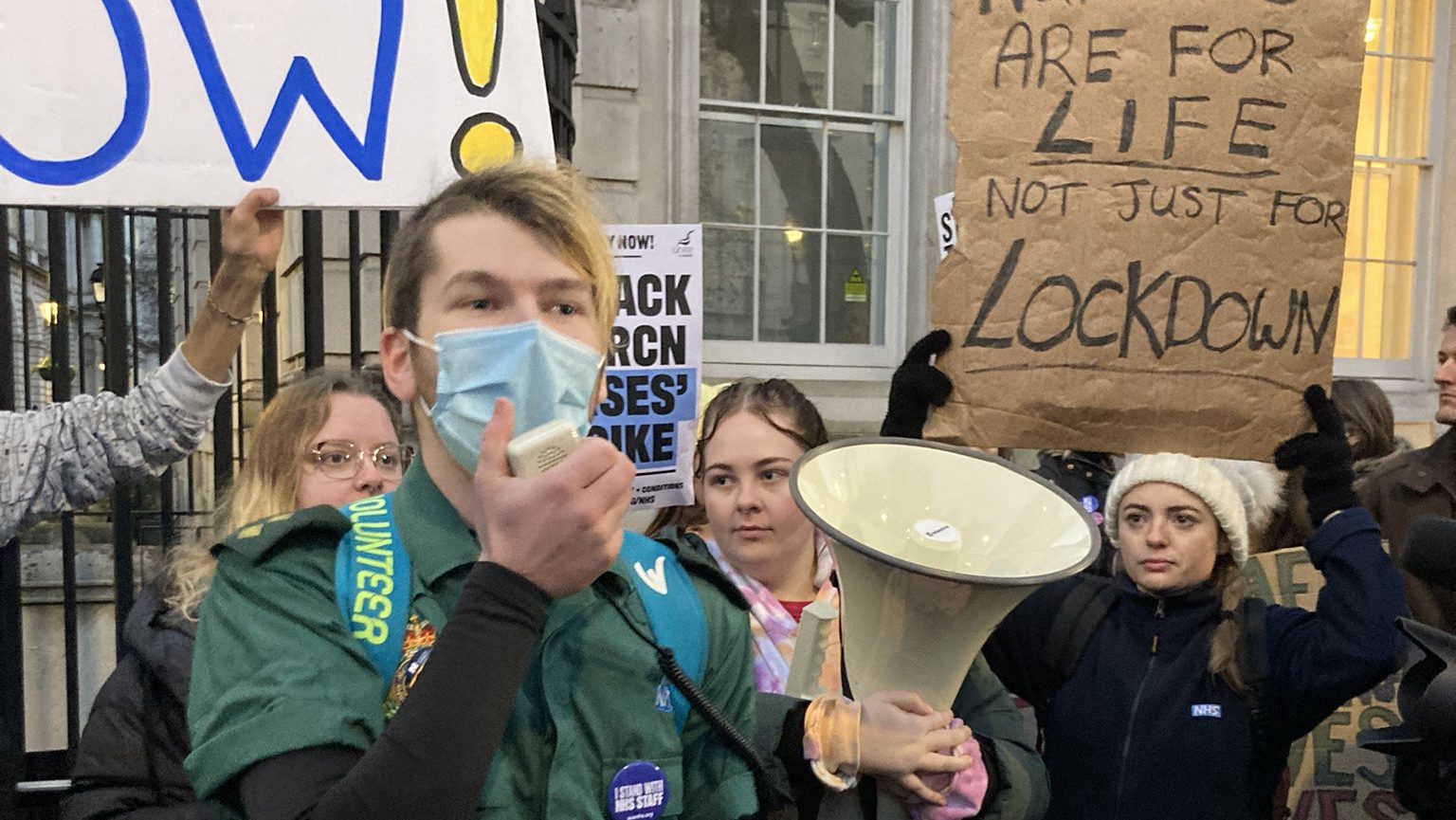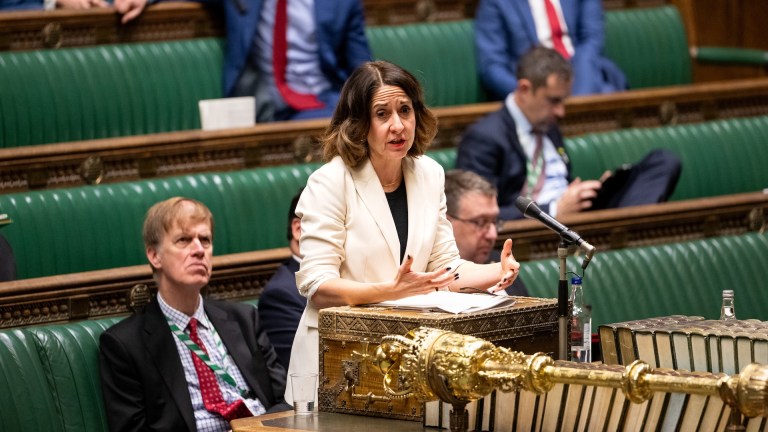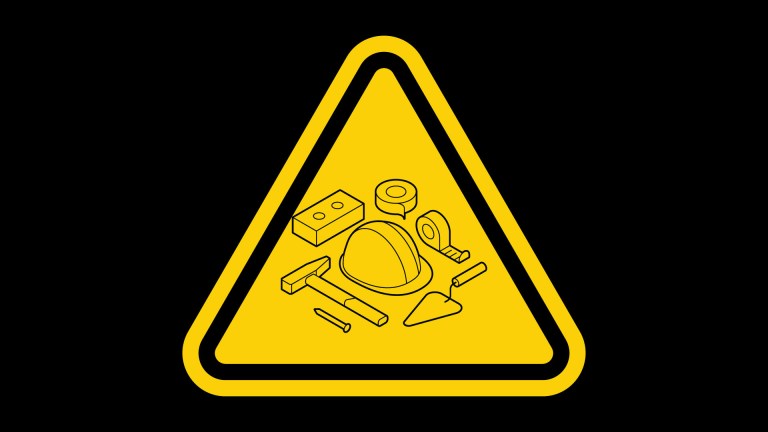Your support changes lives. Find out how you can help us help more people by signing up for a subscription
Kate Pitfield, a Sheffield-based paramedic wrote on Twitter: “The moral dilemma over whether to strike is pretty overwhelming, I have spent the last 3 days off anxious about the implication of striking and about going to work in terrible conditions”.
But she, like others, say that harm is already being inflicted by patients as the system falls apart, calling for better pay so that they can have “safe staffing levels (and) better staff retention”.
“However, we are currently not providing an emergency service. I went to an elderly patient with a broken femur who had waited 6 hours and a cardiac sounding chest pain that waited 5 hours for an ambulance. We are constantly apologising for the wait time for us and at hospital,” Pitfield continued.
In four 12 hour shifts, she says she was only able to see 14 patients, having spent 18 hours in total queuing outside hospitals. With ambulances tied up in long queues, there are fewer available to send out to emergencies.
Even before the strike started, eight of England’s 10 ambulance services declared critical incidents. Data leaked to the Health Service Journal suggests that even before the strike, people waiting for a category two (emergency) ambulance were waiting on average more than an hour at nine out of ten English ambulance trusts. The target arrival time for these calls is 18 minutes.
Advertising helps fund Big Issue’s mission to end poverty
On the morning of the strike, health minister Steve Barclay caused outcry by claiming that unions are making a conscious choice to inflict harm on patients by calling the strike.
Asked on BBC Radio Breakfast who would be responsible for any deaths during the strike, the health minister replied: “It is the trade unions who are taking this action at a point of maximum pressure for the NHS.”
“Tonight in my daughters ward I met a mum who had to get her unconscious limp baby to A&E on the bus because an ambulance was going to be 6 hours,” wrote Lucy Lamplight on Twitter.
“By the time they got there his oxygen [saturation] was 69 per cent and he now has brain damage and seizures. She had to take her limp baby on the bus,” she continued.
For patients who are sent an ambulance, medics say, they face long waits outside the hospital once they arrive, sometimes overnight, without a bed to sleep in. This also prevents ambulance crews from going to see other patients while they wait.
“Another shift spent outside the hospital all night, no break, finishing late. 13 other crews here. Our patient has been [in] our ambulance for over 19 hours with no sign of a bed becoming available soon. Ours isn’t even the longest wait. Things are utterly and completely broken”, wrote emergency medical technician Benji on Twitter.
Advertising helps fund Big Issue’s mission to end poverty
The impact of trying to save lives in a broken system is crushing the spirit of many paramedics, who have the medical skills to save lives, but not the resources.
“We watch these patients deteriorating, sometimes dying in front of us, desperately trying to help them but powerless as the system is so utterly broken that there is simply no space, no bed, no doctor that isn’t already treating someone equally as sick,” said paramedic Kristin Houlgate.
“The NHS was the greatest healthcare system in the world, but it’s utterly broken & has collapsed.”
The Big Issue’s #BigFutures campaign is calling for investment in decent and affordable housing, ending the low wage economy, and millions of green jobs. The last 10 years of austerity and cuts to public services have failed to deliver better living standards for people in this country. Sign the open letter and demand a better future.










